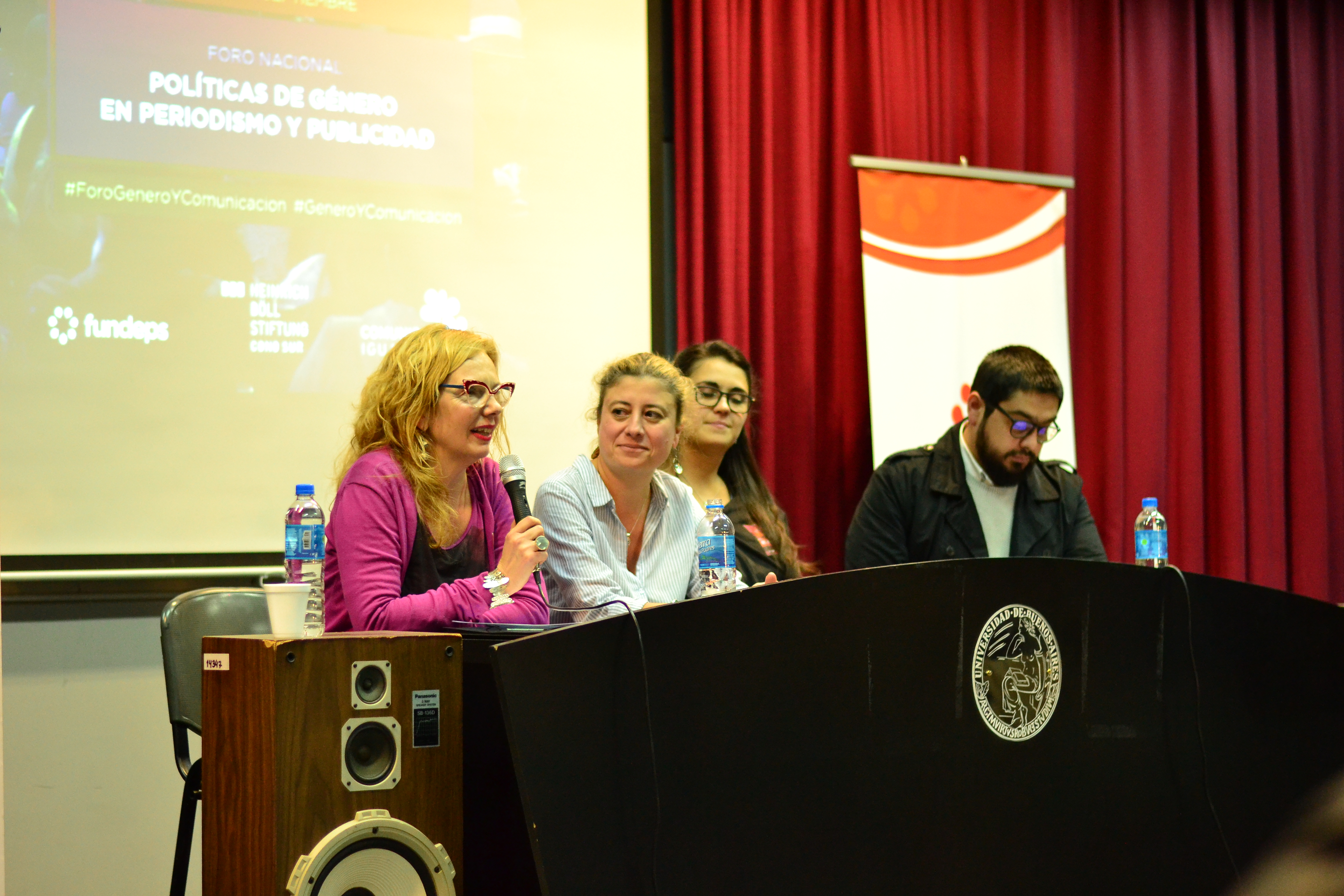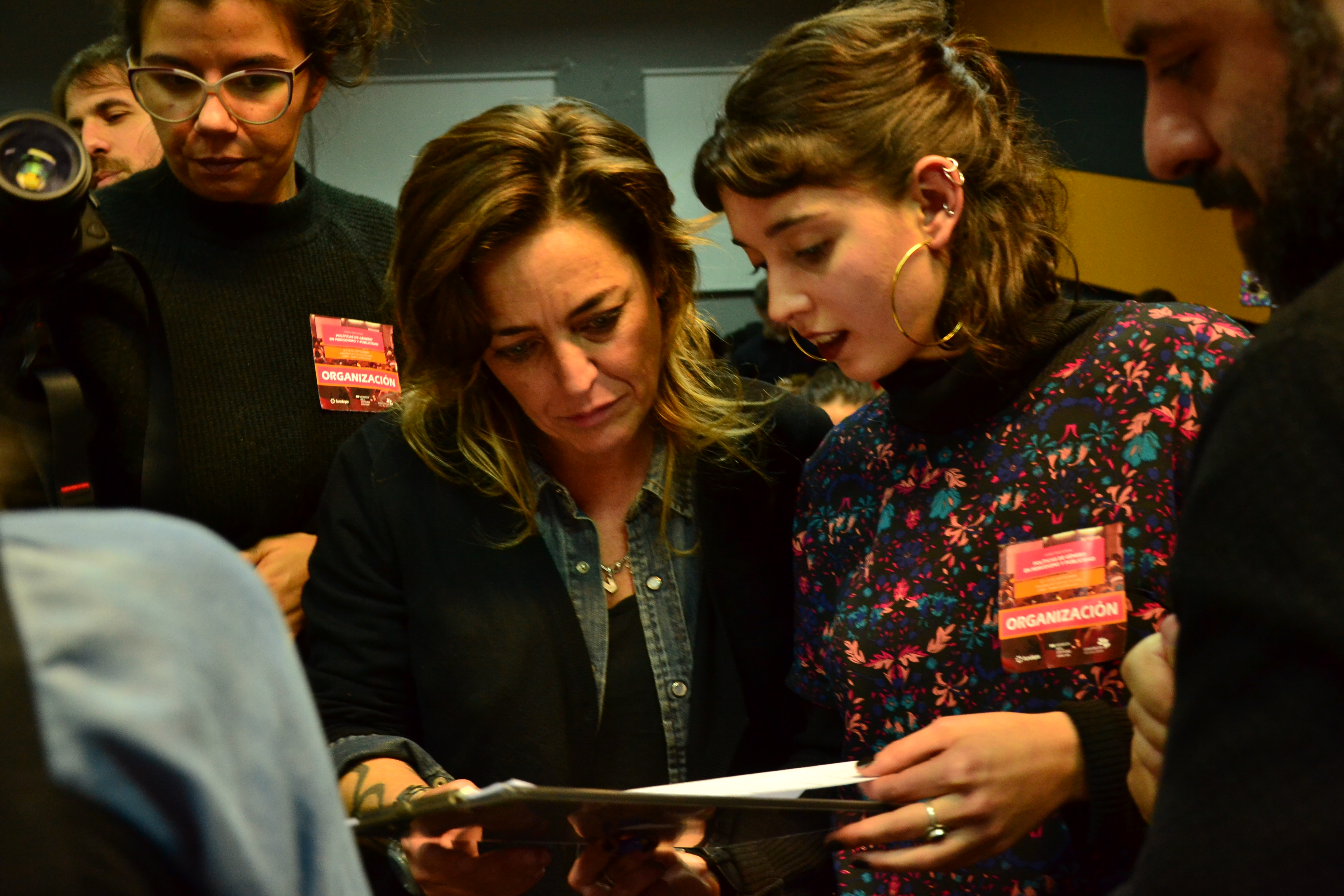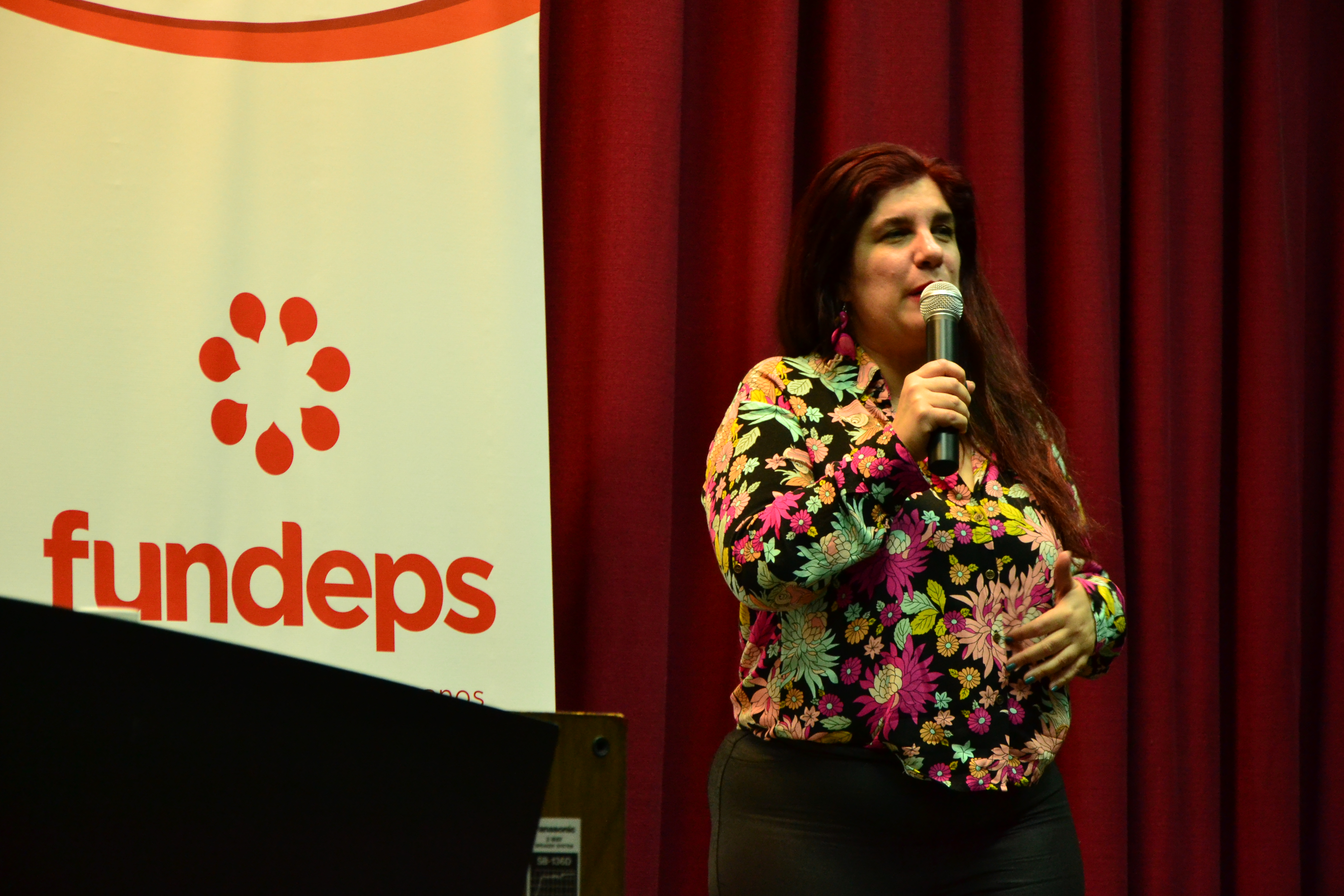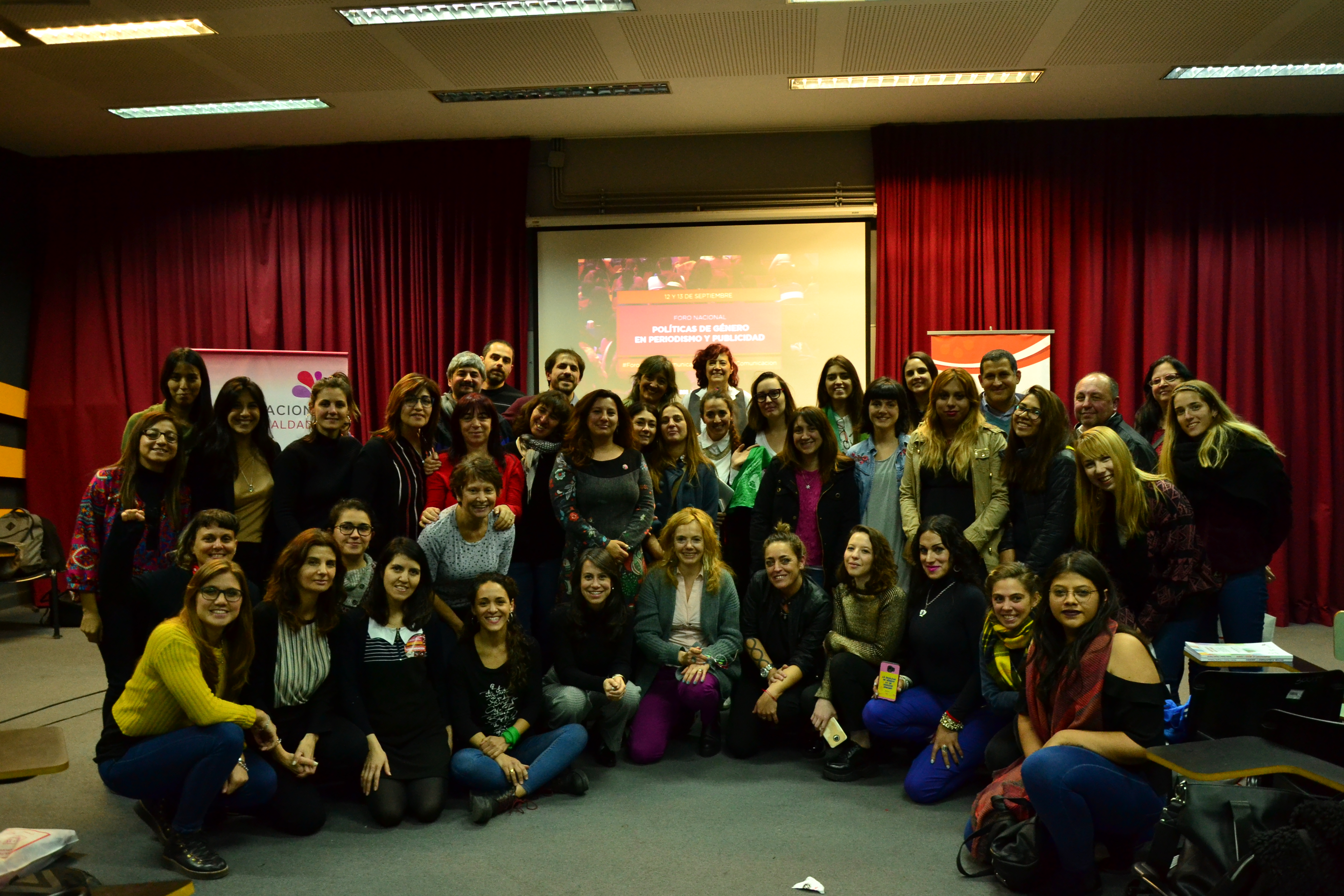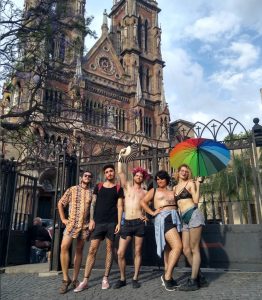In June of this year, La Casita Trans filed a lawsuit in the jurisdiction of violence against the Medical Council for offering training with pathologizing content. From Fundeps we present an amicus curiae in the case.
“Below, we offer a google translate version of the original article in Spanish. This translation may not be accurate but serves as a general presentation of the article. For more accurate information, please switch to the Spanish version of the website. In addition, feel free to directly contact in English the person mentioned at the bottom of this article with regards to this topic”.
La Casita Trans is a Civil Association of Córdoba that accompanies trans identities and their families. Through different actions they fulfill one of their fundamental objectives: working for the recognition and protection of their rights. They are also a center of support and reference, with a focus on trans masculinities.
At the beginning of this year, through publications on social networks of the Medical Council of the province of Córdoba about training aimed at health professionals, the entity promoted an update program that has a module named “Gender Dysphoria.” La Casita intervened by filing a complaint with INADI, requesting rectification of the training since, with that name, it violates current laws and contains violent and discriminatory content against trans identities.
Given the lack of agreement and appropriate response from the Medical Council, the organization filed a lawsuit to prevent this training module from being carried out. The case is pending before the 3rd Nomination Court of Children, Adolescence, Family and Gender Violence of Córdoba.
At Fundeps we intervened through an amicus curiae in which we confirmed that the pathologization of trans identities violates current legislation, the timeliness of scientific information and constitutes a type of violence. It is particularly dangerous that the entity that regulates and supervises the medical profession in our province dictates training with outdated scientific content. It must be taken into account that the organization is in charge of training professionals who will then reproduce said learning in doctor-patient relationships, with the risk of generating situations of violence, discrimination and violation of human rights.
The current international and national provisions, which in our country have been pioneers and avant-garde in the matter, are essential for the protection and recognition of the human rights of diversities. Therefore, judicial interventions that seek to guarantee its respect and avoid future violations are a key tool to ensure compliance.
In a socio-cultural context that still strains the human rights of people from the LGBTIQ+ community, it is necessary to act against symbolic violence. These violations are directly related to hostile treatment in the field of health, which influences trans people to avoid it so as not to be (re)victimized.
The State, private entities and society must focus on supporting the diversity of gender experiences, celebrating the identity of each person and creating inclusive spaces that promote the well-being and safety of trans people.
See Amicus curiae
Autora
Luz Baretta
Contacto
Mayca Balaguer, maycabalaguer@fundeps.org


